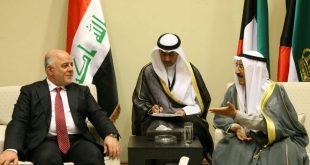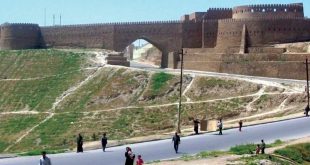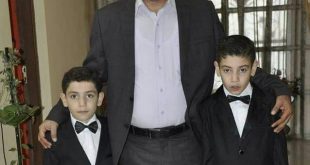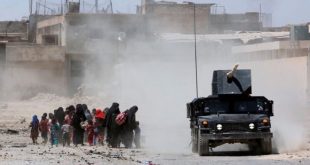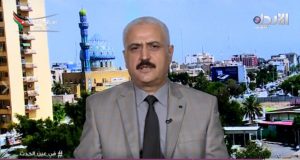
The Jordanian Chief of Staff’s visit to Bagdad on Wednesday the 19th of July 2017, expresses a higher political will from both brotherly countries to develop bilateral relations on all levels including military, security, and economic. On the Iraqi side, this openness delivers on the Mosul’s post-liberation dues, which requires cooperation with neighboring countries in fighting terrorism, facing extremism, rejecting destructive ideas, enhancing coordination in exchanging intelligence information, going after the wanted war criminals and influencing control over the borders, and all that in which serves in the interests of the people in the area and their general security and stability, in particular, the people of Jordan and Iraq. Also it’s nothing new to add that the search table has shifted to deal with the matters related to the international road (Baghdad – Amman) and securing the common border (181 km long) in preparation for opening the Trebil border crossing between the two countries, in addition to the security, intelligence, advisory, and training cooperation and other matters related to the security and military efforts. This visit confirms Iraq’s open policy that is based on mutual respect, without interference and keeping aside any conflicts and aspects plaguing the region to cooperate in facing the threat of terrorism and extremism and its potential repercussions … In This context lies the aims of the visit of the Saudi Chief of Staff to Baghdad on Thursday, July 20th, leading a large military delegation to discuss the issues of common interest, after the visit of a Syrian military delegation to Baghdad and the visit of the Iraqi Minister of Interior to Riyadh…
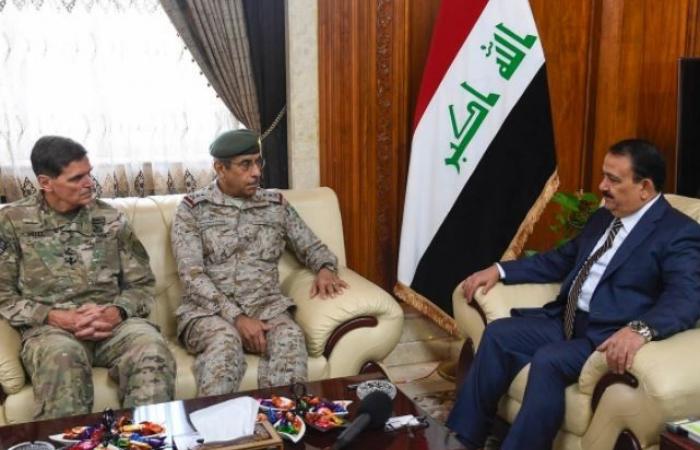
And the primary analytical reading of these movements can be placed in two different directions, as follows:
Firstly being that it shows us that the overwhelming victory in Mosul, and the military achievements accomplished by the Iraqi armed forces in the operational divisions, as well as Iraq’s balanced policy are welcomed by brotherly and friendly nations and that their positive response is represented by the mutual visits, meetings and bilateral agreements that pave the way to a new phase of relations based on cooperation, building trust, and openness to all…
Secondly being that these visits cannot be looked at separately from what the region currently witnesses from struggles over influence, domination and control between the major forces and regional power centers. Therefore, any coordination, even that of the sovereign and national level, is not too far out from the gaze of the American president and his security and political teams, which mandates to harmonize any agreements with the interests and plans of the US administration and the Western alliance in the region and to respond to its following description:
- Addressing Causes (Regional Disorder)
- The Strategy of War on Terror
- The post-ISIS phase
- Reshuffling the game cards in the region
- Avoid clashes between different allies
And so we are witnessing of a new shaping stage that is still maturing and undergoing several changes, so we may still need some more time before we’re able to tell how it’s going to shape out … And as the Arabs say, waiting is the best adviser …
 Dheyaa Alwakeel
Dheyaa Alwakeel
